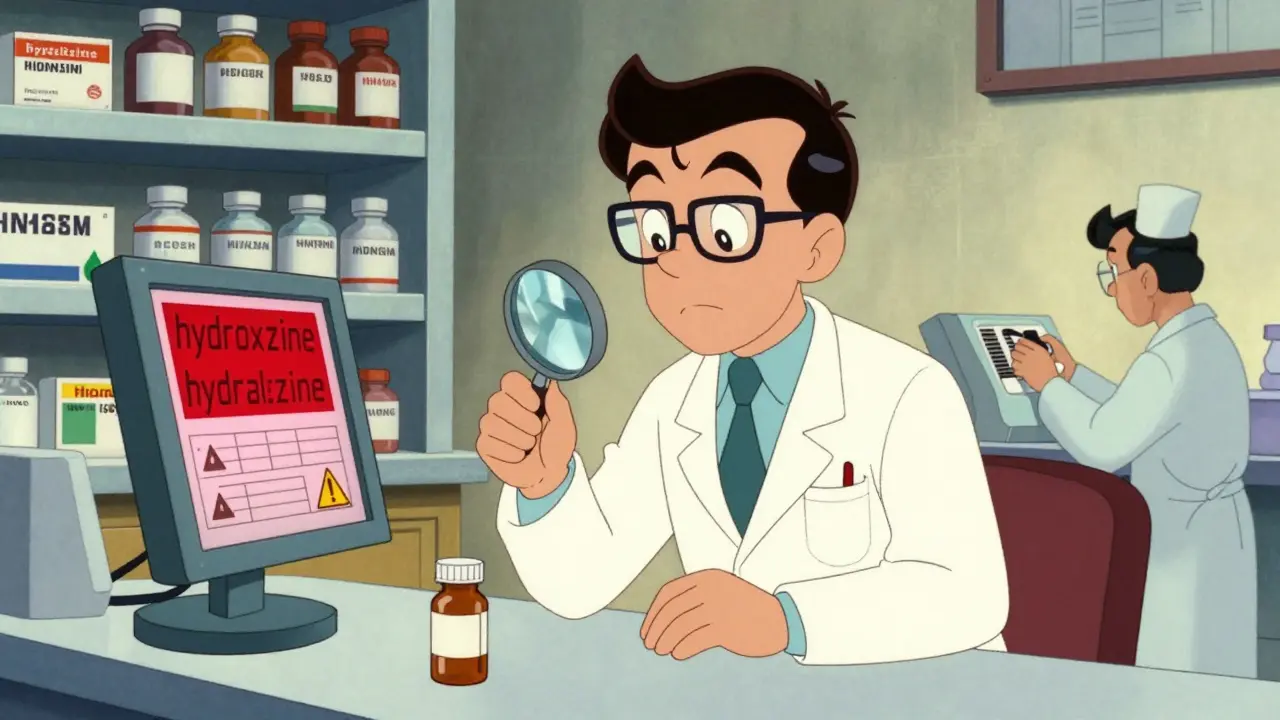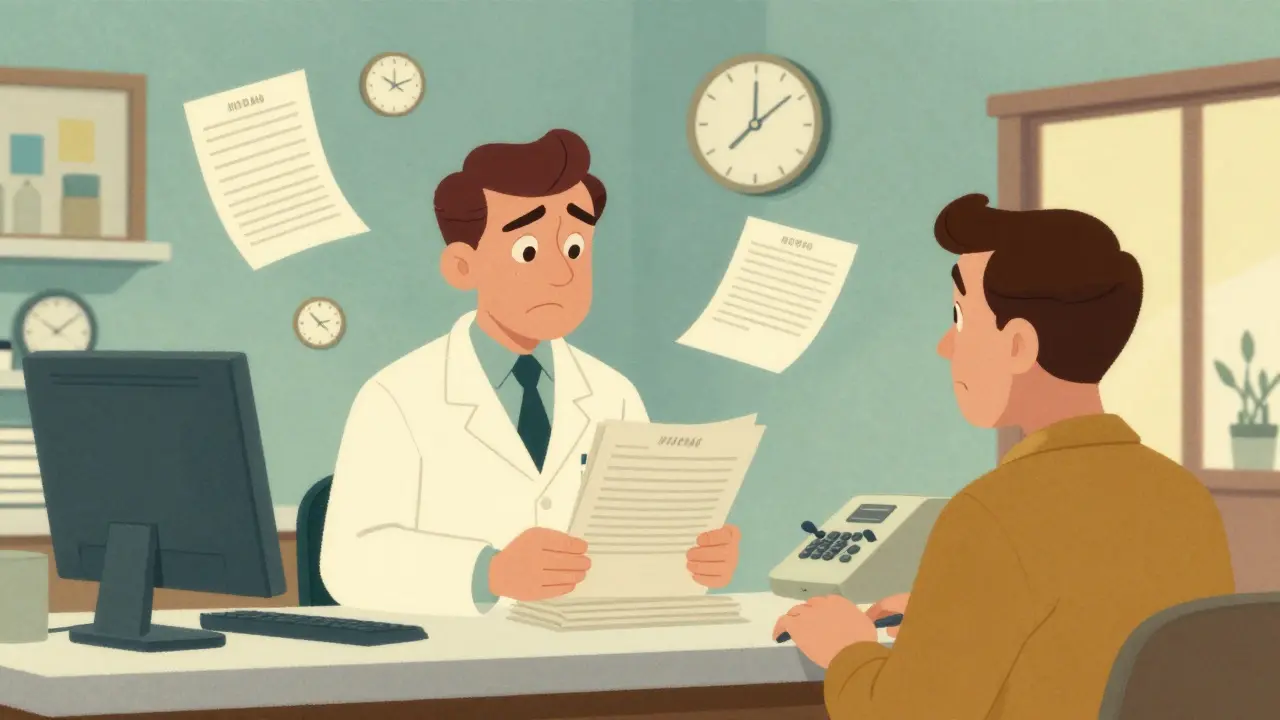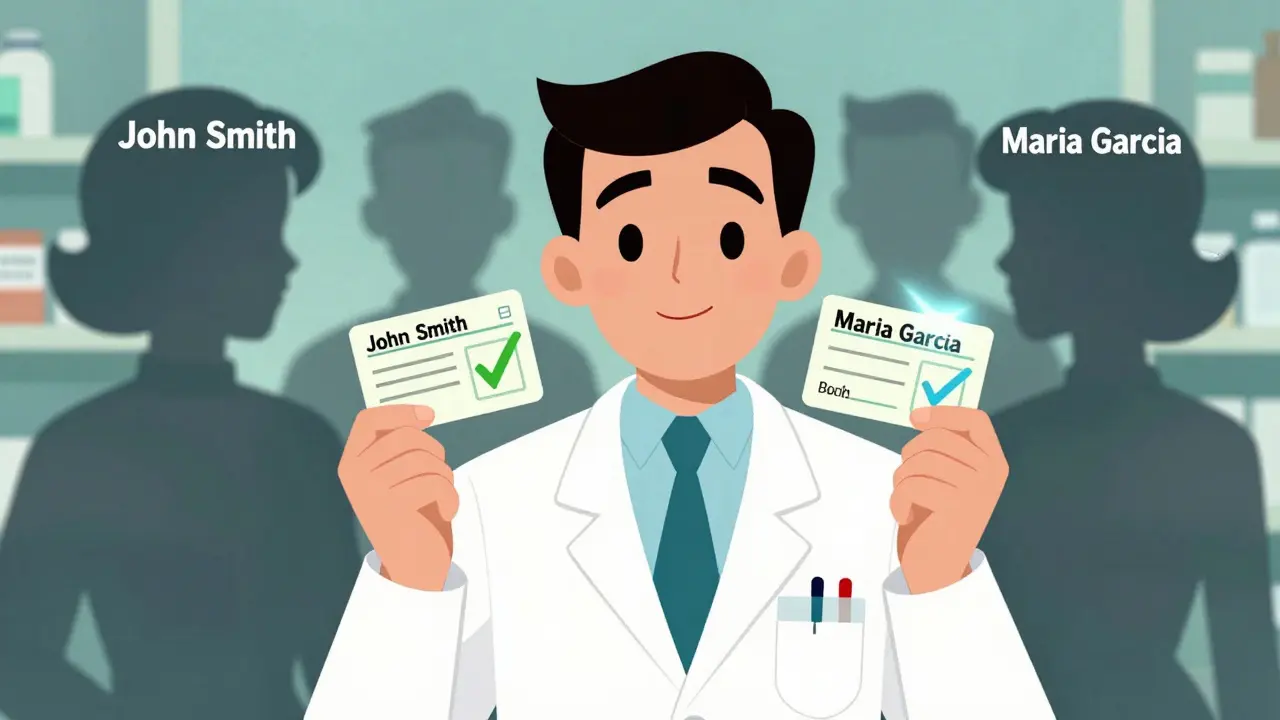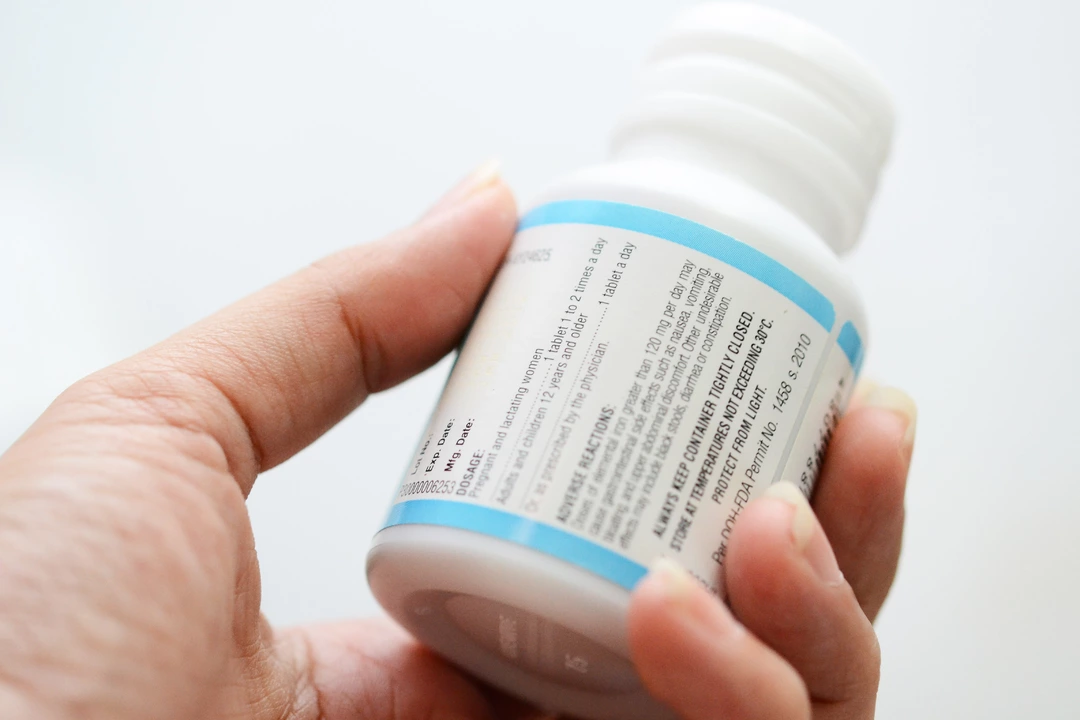Pharmacy and Medications: Practical Guides, Safety Tips, and Drug Info
Medication mistakes happen more often than you think, but most are avoidable. On this page you'll find clear, practical guides about common drugs, side effects, interactions, and how to manage pills at home. I keep each article short and action-oriented so you can use the advice right away.
Start with a few daily habits: make a single, up-to-date list of everything you take — prescriptions, OTC drugs, vitamins, and herbal supplements — and keep it with you. Use a labeled pill organizer and set alarms on your phone. When a new drug is prescribed, compare the bottle name, dose, and instructions against your prescription before you leave the pharmacy. If anything looks off, call the pharmacist.
Common safety steps that work
Read the patient leaflet and highlight any warnings. Know what side effects need urgent care, like breathing trouble, severe rash, sudden jaundice, or fainting. Ask whether food or antacids change how a drug works. Keep medicines in their original containers when possible so labels and expiration dates are clear. Dispose of unused meds at collection points instead of tossing them in the trash.
Different people need different checks. For older adults, watch for confusing pill schedules and interactions with heart or blood pressure drugs. For kids, verify the liquid dose and use the measuring device that comes with the medicine. If you’re pregnant or planning to become pregnant, ask a clinician before starting any new drug or supplement.
Atazanavir and preventing medication errors
Atazanavir is an antiretroviral used in HIV treatment that needs careful handling. Take it exactly as prescribed and watch for drug interactions — antacids, some heart medicines, and certain supplements can change how it works. Missing doses or taking the wrong amount can reduce effectiveness and increase the chance of resistance. If you notice yellowing of skin or eyes, severe abdominal pain, or unexplained bleeding, contact your provider right away.
Practical tips for Atazanavir: separate antacids by at least two hours, tell your clinic about every other medicine you use, and keep pill packs labeled by day. If you travel, carry a printed copy of your prescriptions and a note from your doctor explaining why you need the medication.
Use this category as a toolbox: quick checklists, interaction flags, side-effect lists, and real-world tips to bring to appointments. If something feels wrong, call your pharmacist — they can often answer interaction questions and suggest safer timing. Small steps now prevent big problems later, and a short medication review can save time and worry.
Want specific help? Search the drug name, check tags like “safety” or “interactions,” and read our short guides to get immediate, usable advice.

Mandatory vs Permissive Substitution: How State Laws Control Generic Drug Switching
- Dec, 28 2025
- Daniel Remedios
- 14 Comments
State laws determine whether pharmacists must or can switch your brand-name prescription to a cheaper generic. These rules vary widely, affecting your costs, safety, and access to medication.

How Pharmacists Prevent Prescription Medication Errors Every Day
- Dec, 19 2025
- Daniel Remedios
- 15 Comments
Pharmacists are the last line of defense against prescription errors, catching thousands of dangerous mistakes every year. Learn how they use skill, technology, and teamwork to keep patients safe.

Insurance Prior Authorization for Generic Alternatives: How Pharmacists Navigate Coverage Policies
- Dec, 18 2025
- Daniel Remedios
- 13 Comments
Insurance prior authorization for generic alternatives creates delays and frustration for patients and pharmacists. Learn how the process works, why denials happen, and what strategies actually get approvals faster.

Using Two Patient Identifiers in the Pharmacy for Safety: How to Prevent Medication Errors
- Dec, 16 2025
- Daniel Remedios
- 14 Comments
Using two patient identifiers in the pharmacy is a critical safety rule to prevent medication errors. Learn how name and date of birth, combined with barcode scanning, reduce dispensing mistakes and protect patients.

Retail vs Hospital Pharmacy: Key Differences in Medication Substitution Practices
- Dec, 15 2025
- Daniel Remedios
- 10 Comments
Retail and hospital pharmacies handle medication substitution differently-retail focuses on cost and convenience, while hospitals prioritize clinical safety and team-based decisions. Understanding these differences helps patients avoid errors and ensures better care transitions.

Atazanavir and medication errors: how to avoid them
- Apr, 27 2023
- Daniel Remedios
- 10 Comments
As a blogger, I've recently come across the issue of medication errors with Atazanavir, a crucial drug used to treat HIV. It's important for patients to be aware that these errors can lead to severe complications, including drug resistance. To avoid them, always double-check the prescribed dosage, follow the specific instructions provided by your healthcare provider, and maintain open communication with your medical team. Additionally, using a pill organizer and setting reminders can help ensure proper medication management. Let's work together to prevent Atazanavir-related medication errors and promote better health outcomes for those living with HIV.
